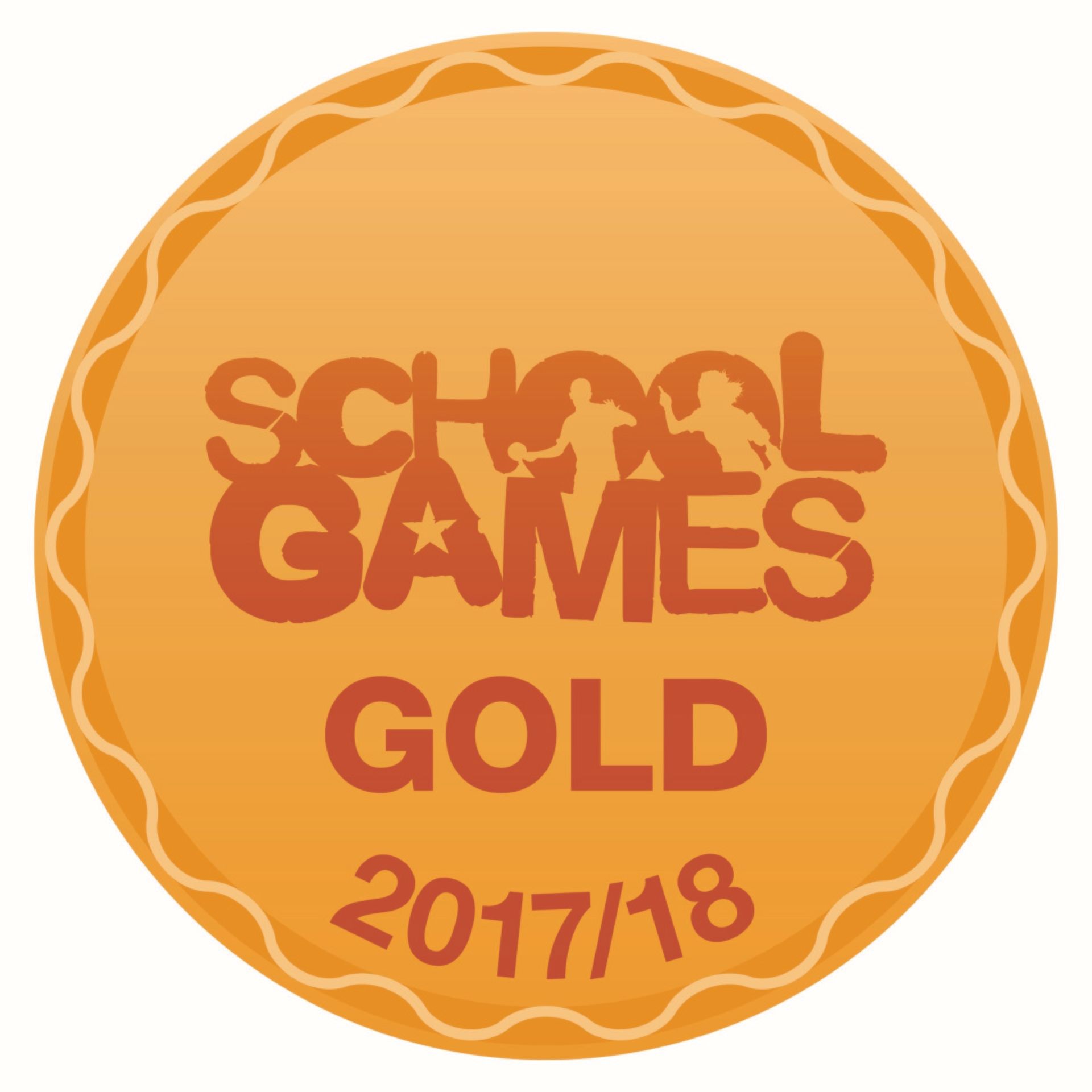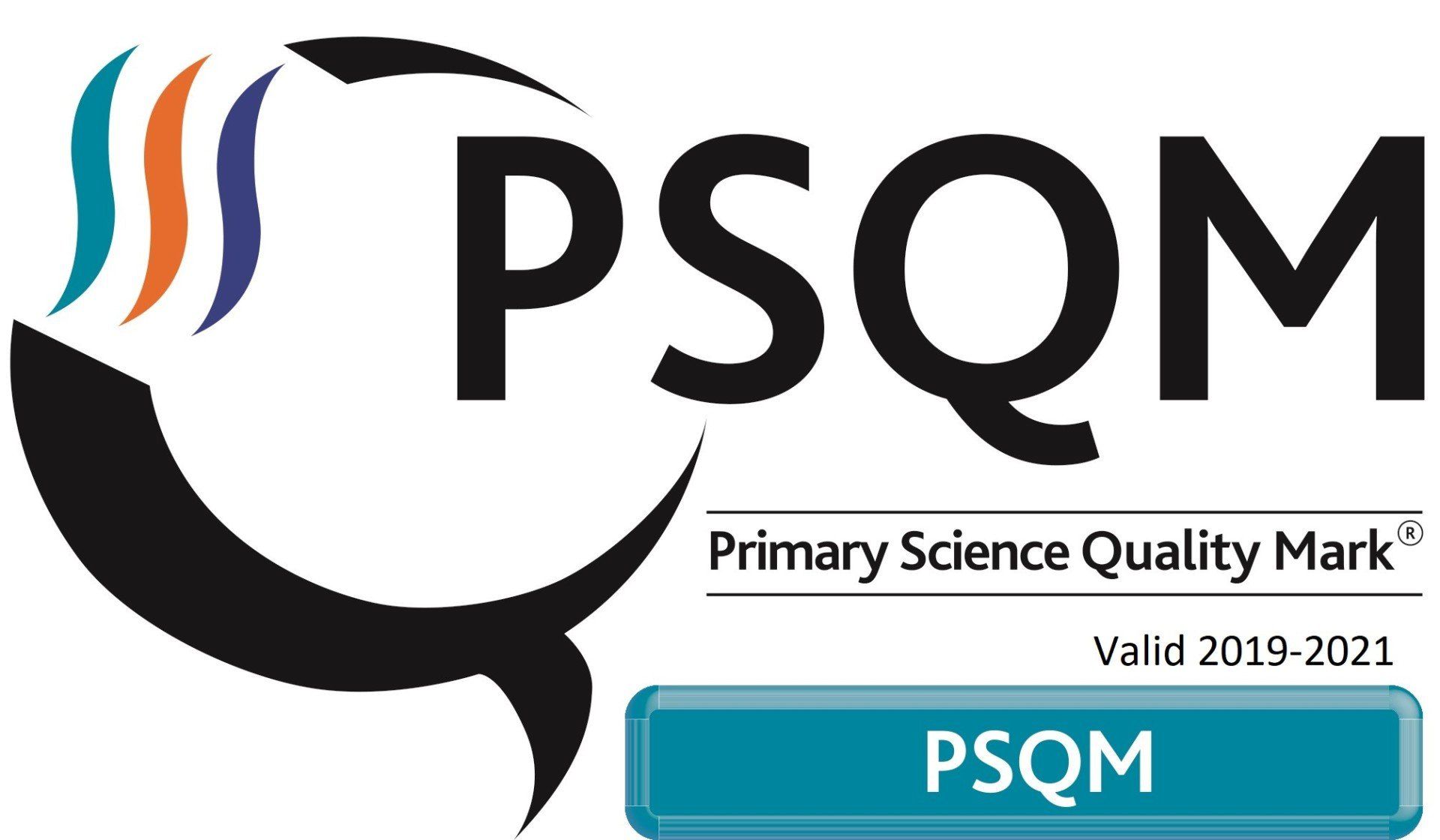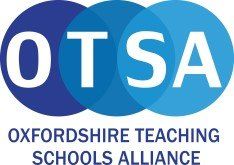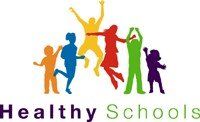French
Modern Foreign Languages
The modern foreign language studied at Longworth Primary School is French. In line with the 2014 National Curriculum for Modern Foreign Languages, we aim to ensure that all children:
- Understand and respond to spoken and written language from a variety of authentic sources.
- Are able to speak with increasing confidence, fluency and spontaneity, finding ways of communicating what they want to say, including through discussion and asking questions, and that they are continually improving the accuracy of their pronunciation and intonation.
- Can write at varying length, for different purposes and audiences, using the variety of grammatical structures that they have learnt and mainly in the format of worksheets.
- Discover and develop an appreciation of a range of writing in the language studied.
- A high quality languages education should foster children’s curiosity and deepen their understanding of the world whilst also equipping them with the skills and confidence to interact within it, certainly within Spanish speaking countries.
At Longworth Primary School, we are committed to ensuring that competence in another language enables children to interpret, create and exchange meaning within and across cultures. It also helps children develop skills that will open further opportunities later in life.
The teaching of French in KS2 provides an appropriate balance of spoken and written language and lays the foundations for further foreign languages teaching at KS3.
In KS2, each class has a timetabled lesson of 30 minutes per week which uses Language Angels to develop the skills of speaking, listening, reading and writing within the subject such that:
Children are taught to listen attentively to spoken language and respond, as well as developing these skills. Children develop an appreciation of a variety of stories, songs, poems and rhymes in French that are delivered throughout the curriculum. By the time children are ready to leave Longworth Primary School, children will be equipped with sequential knowledge built up during their primary school years:
- I can say hello and goodbye in French
- I can ask someone what they are called and say what I am called in French
- I can ask someone how they are and say how I am in French
- I can ask someone their age and say my age in French
- I can count up to 31 in French
- I can say what the date is in French
- I can ask someone when their birthday is and say when my birthday is in French
- I can wish someone happy birthday in French
- I can say the alphabet in French
- I can name some things I need for school in French
- I understand when to use un and une in French
- I can say what is in the classroom in French
- I can use le, la and les in French correctly
- I can make the plurals of nouns in French
- I can ask how to spell a word in French
- I understand some classroom instructions in French
- I can say who something belongs to in French
- I can say some colours and say what colour things are in French
- I can use endings on colour adjectives correctly in French
- I can spell my name in French



